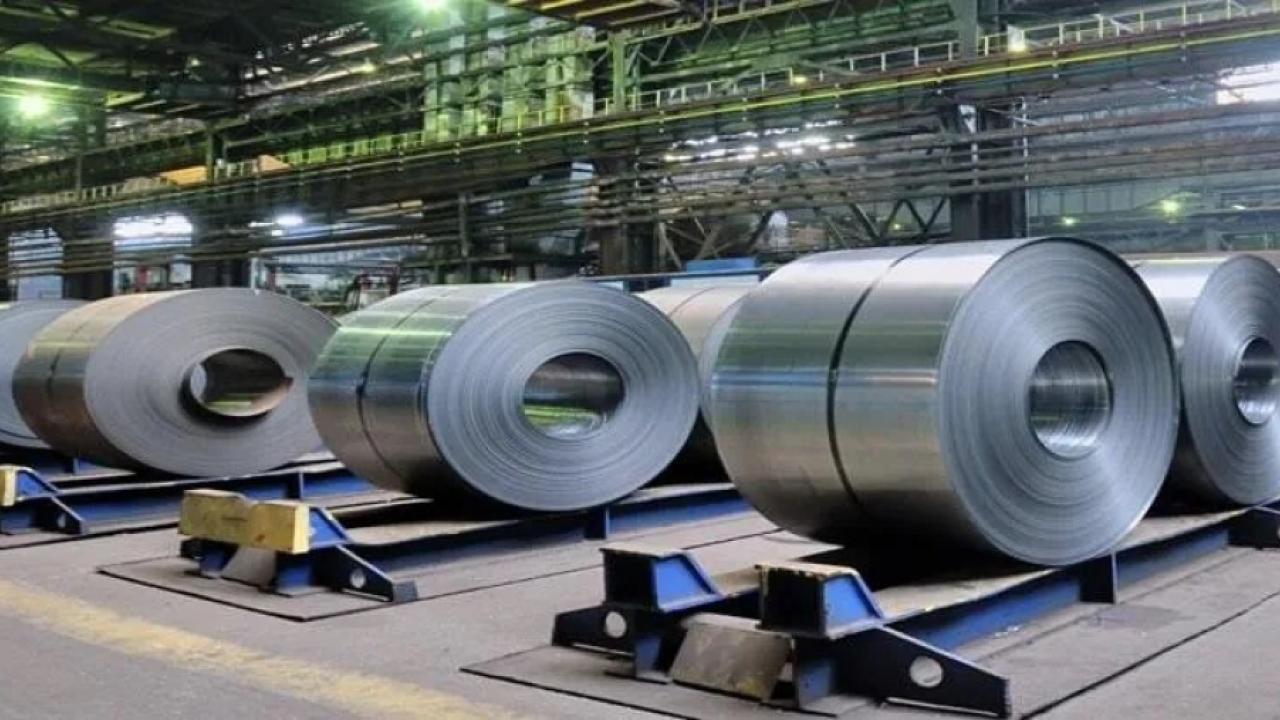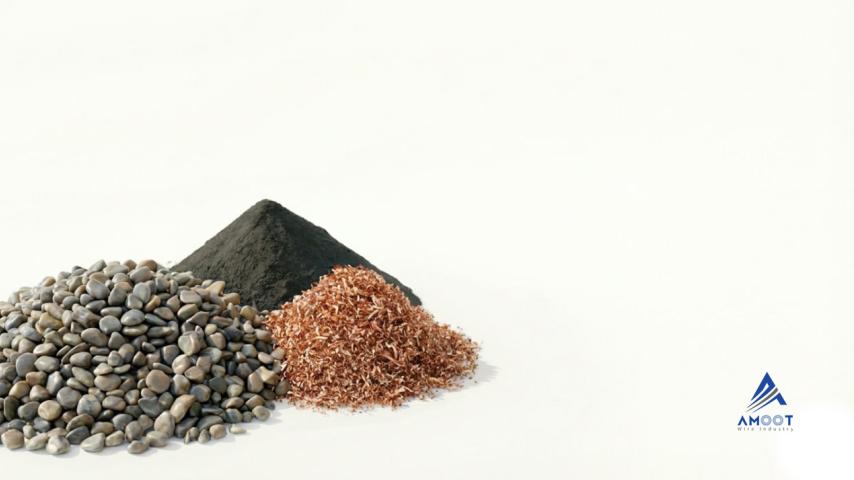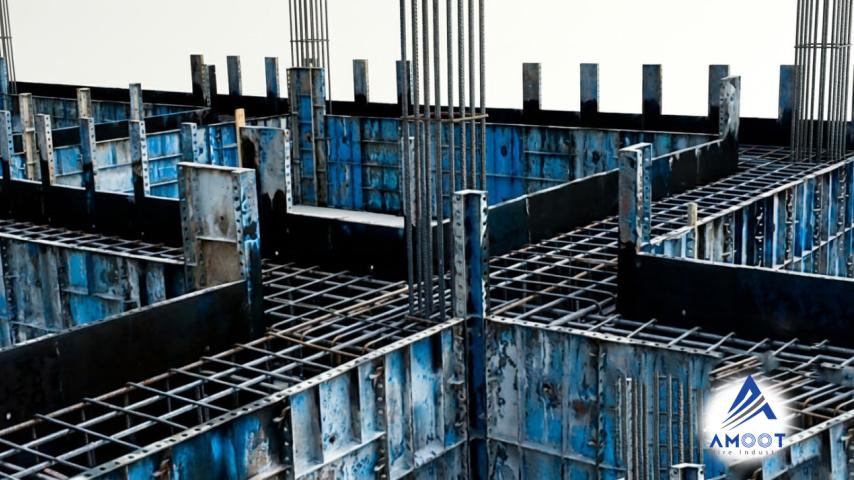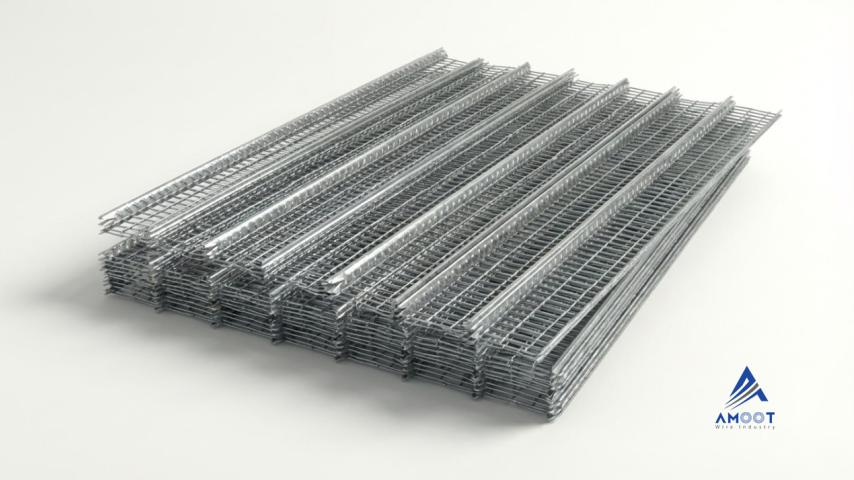Rising energy costs: A new challenge for the steel industry in Western economies
According to Ahan Online; The global metals and steel market has undergone significant changes in recent years. On the one hand, China has increased its dominance over the metals supply chain with the development of international infrastructure and large investments, and on the other hand, energy crises in the United States and Europe have led to rising prices and economic pressures. Meanwhile, trade developments between the United States, Canada and Mexico and changes in rail trade have affected the future of the transportation industry. Also, major rebar producers in the world have faced intense competition, and the Turkish steel industry is also struggling with unprecedented crises.
China's influence in the metals and mining market
In recent years, China has made extensive investments in the metals and mining sector under the "Belt and Road" initiative, and in 2023, it has invested more than $21 billion in this sector. The country has strengthened its position in global markets due to its technical know-how and ability to finance large projects. China controls more than half of the world’s production of battery metals such as lithium, cobalt and manganese and is trying to exert greater control over the global supply chain by imposing export restrictions. At the same time, Western countries such as the United States are seeking to reduce their dependence on China and develop alternative supply networks.
Rising energy prices and their impact on industry
In the United States, rising energy prices this winter have caused household costs to increase by an average of 10%. An unprecedented decline in natural gas reserves and high propane exports have led to increased pressure on consumers. Europe is also facing an energy crisis, with many households struggling with “energy poverty”. This crisis has not only affected the cost of living, but also affected industrial production.
Rail Trade Between the US, Canada and Mexico and the Role of Transportation in Steel
In 2024, rail trade between the three countries reached $203.1 billion. But new tariffs could increase transportation costs and reduce economic growth. Infrastructure investments, such as the CPKC Laredo Bridge and BNSF’s Barstow International Gateway, demonstrate the importance of this sector. However, rising trade costs and new policies may negatively affect the growth prospects of the industry.
Transportation infrastructure, including rail lines, plays a key role in the movement of raw materials and steel products. Many industrialized countries, including the United States and China, use extensive rail networks to transport iron ore and steel. In this regard, the production of rebar, one of the most important steel products in the construction industry, is affected by transportation capacities.
China, India, Japan, the United States and South Korea are the most important producers of rebar. China is the largest producer of this product with an annual production of more than 95 million tons. India is also expanding its production capacity due to its rich iron ore resources and cheap labor. Japan, the United States and South Korea use advanced technologies to produce high-quality rebars that are used in various industries.
Crisis in the Turkish Steel Industry
Turkey, which is one of the world's major steel exporters, is facing a serious crisis in this industry. Declining global demand, stagnation in target markets, trade tariffs and import restrictions have caused a decrease in the country's steel exports. Below is a chart of Turkey's iron and steel exports over the past 5 years. According to data from the UN COMTRADE database on international trade, Turkey's iron and steel exports reached $8.86 billion in 2023. Although data for 2024 has not yet been published, the country's industry has a long way to go before it returns to its peak.





